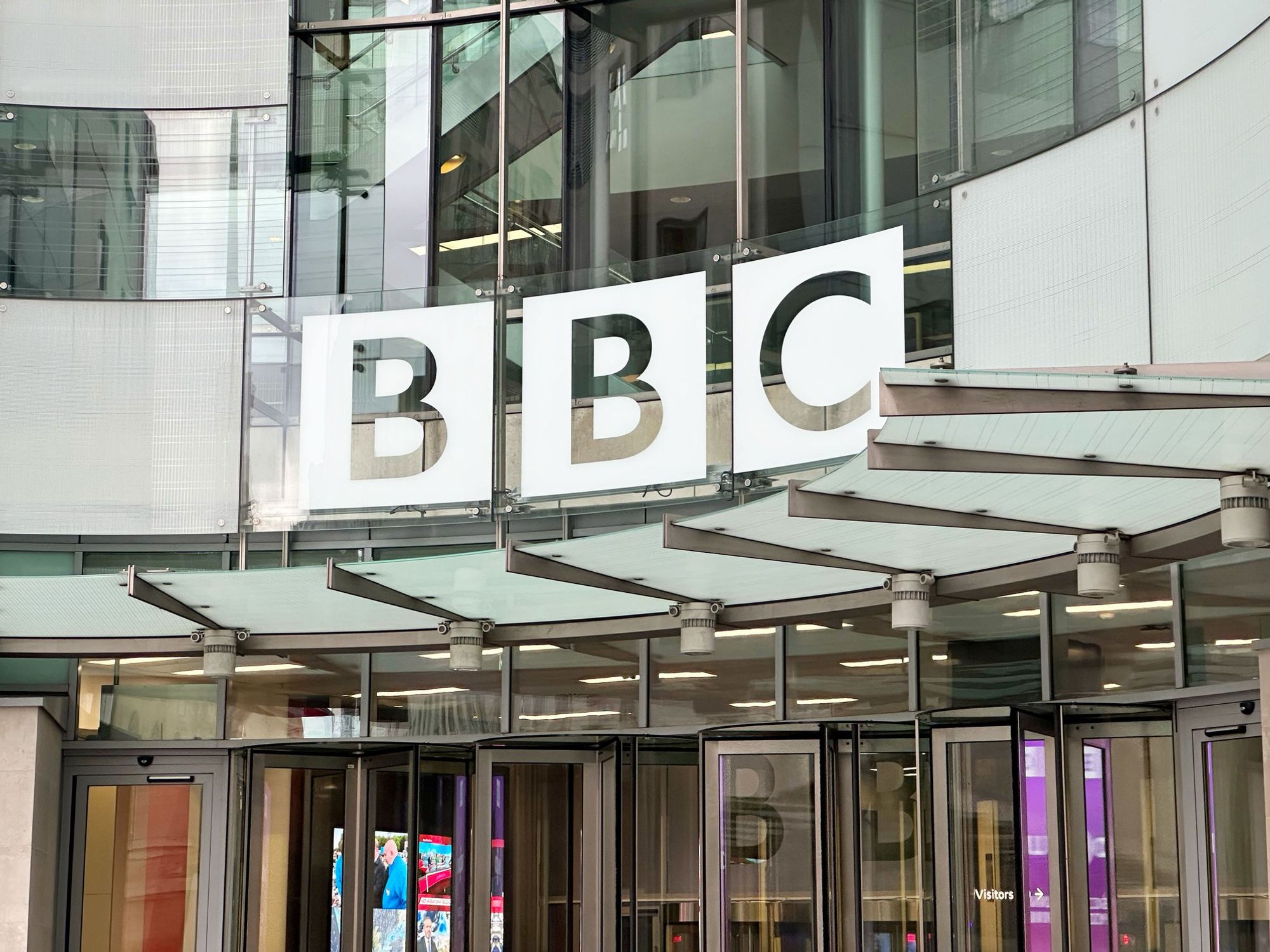Ofcom just changed a rule for broadband companies and cost YOU more money doing so

Ofcom has outlawed mid-contract broadband price increases based around measures of inflation, and we should all be celebrating ...right?
|GETTY IMAGES | GBN

"Whilst this initially looks a good move from Ofcom, there's a danger that people on the entry type broadband contracts end up paying more"
Don't Miss
Most Read
Latest
After floating the dramatic shake-up last year, Ofcom confirmed plans to enforce tough new rules on mid-contract broadband price rises for broadband, mobile phone, and pay-TV providers last week. Under the strict new rules, tying annual price increases to inflation figures will be outlawed from January 17, 2025.
The industry watchdog has outlawed inflation-linked or percentage-based price rise terms in all new contracts because customers simply "cannot predict" the impact on their monthly bills ahead of time.
Until recently, the biggest broadband suppliers in the UK, including the likes of BT, EE, TalkTalk, Plusnet, and Virgin Media, relied on measures of inflation to determine the annual price increase for in-contract customers.
The long-held practice came under fire after almost two years of spiralling inflation, which pushed large providers BT, EE, TalkTalk, and Vodafone customers to increase monthly bills by a record of 14% at the peak.
 Ofcom issued an example to demonstrate how broadband companies should display mid-contract price rises following the rule change | OFCOM PRESS OFFICE
Ofcom issued an example to demonstrate how broadband companies should display mid-contract price rises following the rule change | OFCOM PRESS OFFICE Ofcom analysis conducted in the consultation period for the price rise ban revealed that four in 10 broadband customers in the UK were on inflation-linked contracts last year.
At those eye-watering rates, if you paid £30 per month for your internet connection, the inflation-fuelled rise would add an extra £51 every year to your household bills. Although inflation has fallen since then, the latest shake-up from Ofcom means you'll no longer have to worry about the CPI or RPI to calculate how much extra you'll need to spend on your internet bills when the next price rise rolls around in April.
So, we should all be celebrating ...right?
While it's undoubtedly true that Ofcom's latest rule change makes it simpler to understand how much your broadband, satellite television, pay monthly phone contract will rise in price every year — the shake-up could actually make it more expensive for you.
Under the new rules, the most common "pounds and pence" mid-contract price rise adopted by the biggest broadband providers is £3 a year.
Speaking to GB News, Andrew Ferguson, Editor of thinkbroadband.com, an independent site that's provided analysis on the UK broadband industry for the last 23 years, warned that Ofcom's change would clobber vulnerable and financially disadvantaged consumers with higher priced contract rises.
"Whilst this initially looks a good move from Ofcom, there is a danger that people on the entry type broadband contracts, so those from lower incomes, could end up paying more comparatively to people on the fastest and marketed top package," Mr Ferguson said.
"For example, if you pay £24.99 a month and your contract increases by £3, that is costlier than what it would be with an inflation-based rise of say, 6.5% (May 2023 rate) which would equate to approximately £1.60. Whereas on more expensive contracts, say £47.99 a month, a £3 rise works out better than an inflation-based rise of 6.5% which is just over £3.10.
"So, this may look a positive move in theory, but the reality is that with mobile and broadband providers not having certainty about their input prices, those that have adopted the new simpler formula already, have actually adopted a formula that is more expensive to the public than in the past."
It's worth noting the new rules from Ofcom only apply to new contracts — there's no change to existing contracts.
If you signed-up to contract with the old CPI + 3.9% formula, you'll still see prices increase next year based on the rate of inflation. Existing customers who renegotiate their current broadband deal will be signed up to a new contract, which will include the new terms.
Announcing the decision to outlaw nebulous inflation-linked price rises, Ofcom telecoms policy director Cristina Luna-Esteban said: “With household budgets squeezed, people need to have certainty about their monthly outgoings. But that’s impossible if you’re tied into a contract where the price could change based on something as hard to predict as future inflation.
“We’re stepping in on behalf of phone, broadband and pay TV customers to stamp out this practice, so people can be certain of the price they will pay, compare deals more easily and take advantage of the competitive market we have in the UK.”
LATEST DEVELOPMENTS
- Fire TV Stick crackdown blocks free Sky TV — 'this is just the start'
- We had our minds blown by Apple Vision Pro, and now YOU can too
- Best VPN deals
- Best Sky Stream deals
Rocio Concha, Which? Director of Policy and Advocacy, praised the decision as "a huge win for consumers", but bemoaned the fact that Ofcom hadn't gone further. Ms Concha added: "It’s disappointing that ‘prices may vary’ terms have not been banned. The regulator must be prepared to intervene if these ad hoc increases are used as a back door for providers to impose unpredictable price increases on customers."
 Ofcom's new red-tape doesn't stop broadband suppliers from increasing prices for customers mid-contract. However, it means firms are no longer able to link these annual rises to the rate of inflation | GETTY IMAGES
Ofcom's new red-tape doesn't stop broadband suppliers from increasing prices for customers mid-contract. However, it means firms are no longer able to link these annual rises to the rate of inflation | GETTY IMAGESWhen asked about whether Ofcom should've simply banned mid-contract price rises altogether, thinkbroadband.com Editor Andrew Ferguson said: "It would be good for consumers to see Ofcom move on banning mid-contract price rises. This might be something that will be looked at during the new telecommunication market review for the 2026 to 2030 period.
"For now, Ofcom seems happy that market competition means some providers do offer fixed-price contracts.
"The downside to banning mid-term price increases could well be that out-of-contract price rises will rise significantly, so there is a balance to be found. The options will depend on what the wider UK financial picture looks like as previous changes that enabled the CPI+% formula never seemed to consider what impact a period of high inflation would have."










